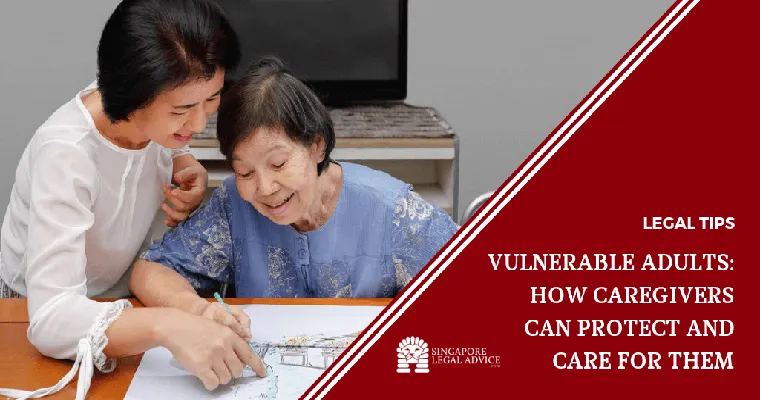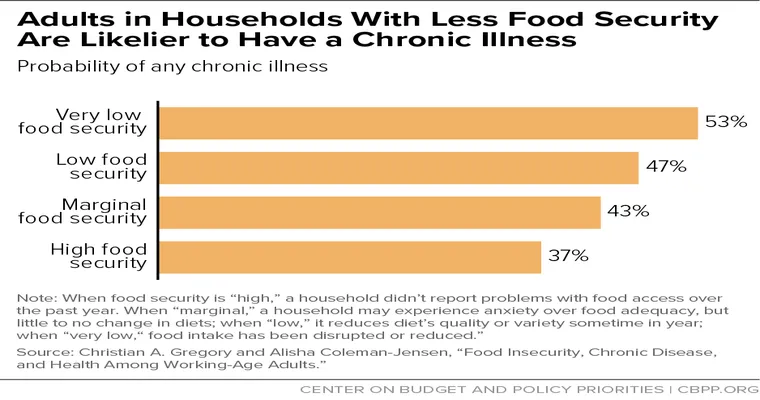Caregivers often provide invaluable support to those in need, but they also encounter various "legal issues" that can complicate their roles. Understanding these "legal challenges" is essential for caregivers to protect themselves and their loved ones. In this article, we will explore five common "legal issues" that caregivers may face, helping them navigate the complexities of their responsibilities.
One of the most significant "legal issues" caregivers encounter is "power of attorney". A power of attorney allows a designated person to make financial or medical decisions on behalf of another individual. Caregivers must ensure that they have the appropriate documentation in place, as the absence of a valid power of attorney can lead to disputes or challenges regarding decision-making authority. Without this legal protection, caregivers may find themselves unable to act in the best interests of the person they are caring for.
Another prevalent concern is "guardianship". In cases where individuals are no longer able to make informed decisions due to incapacitation, caregivers may need to seek legal guardianship. This process can be lengthy and complicated, requiring court approval. Caregivers must understand the criteria for guardianship and be prepared to demonstrate their capability to manage the individual's affairs effectively.
"Employment law" is also a critical area of concern for caregivers, especially those who are hired professionals. Issues such as wage disputes, overtime pay, and employee rights can arise frequently. Caregivers must be aware of their rights and responsibilities under employment law to avoid potential legal pitfalls. This includes understanding the Fair Labor Standards Act and any applicable state laws that govern caregiver employment.
In addition to employment law, caregivers may face "liability issues". If a caregiver is accused of neglect or abuse, they could be held legally responsible. It is vital for caregivers to maintain clear documentation of their actions and to follow best practices in care to avoid such accusations. Understanding the legal standards for care and the potential consequences of failing to meet them can help caregivers mitigate this risk.
Lastly, caregivers should be aware of "healthcare regulations". Navigating the healthcare system can be challenging, and caregivers often need to ensure that they comply with various regulations, including HIPAA (Health Insurance Portability and Accountability Act). Violations of healthcare privacy laws can lead to significant penalties, so caregivers must be diligent in protecting sensitive information related to the individuals they care for.
In conclusion, caregivers play a crucial role in the lives of those they assist, but they must be prepared to face various "legal issues". By understanding the complexities of "power of attorney", "guardianship", "employment law", "liability issues", and "healthcare regulations", caregivers can better protect themselves and the individuals they serve. Awareness and preparation can go a long way in ensuring a positive caregiving experience.





